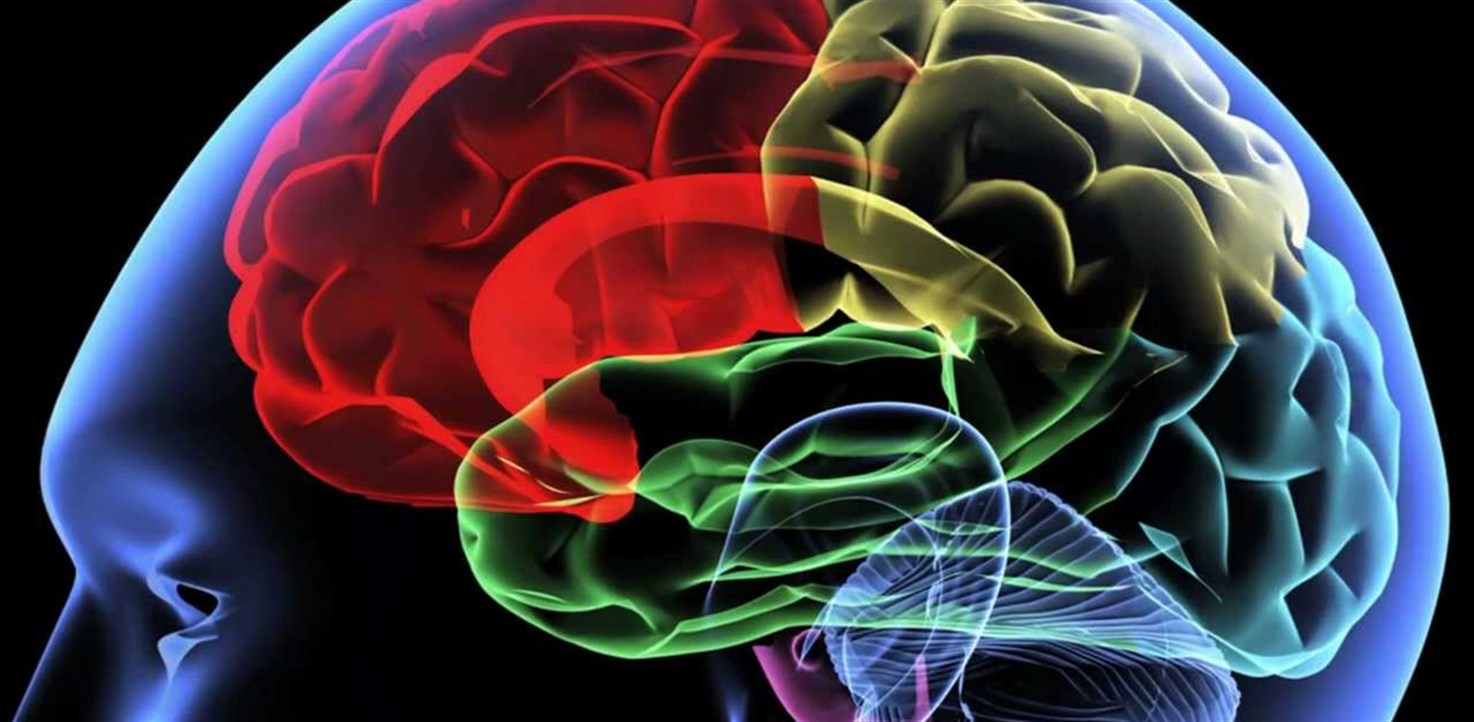Although the public is fairly familiar with Tourette Syndrome and estimates predict that about 1 of every 360 children between the ages of 5-17 in the US has Tourette Syndrome, the condition has attracted relatively little interest from researchers; rather, researchers have tended to spend more time on neuromuscular disorders like Parkinson’s disease.
Nevertheless, there are some scientists who have devoted their research to the treatment and etiology of Tourette Syndrome. For instance, a researcher from the University of Nottingham discovered that a neurochemical called Gamma Aminobutyric acid (GABA) is responsible for the decline in involuntary tics during adolescence. Changes in the brain chemistry during adolescence attributes to the increased production of GABA that as a result abates involuntary tics.
Previously, researchers hypothesized that the lessening of tics into adolescence was due to increased control and practice of tic suppression. However, now many researchers believe it has more to do with the brain chemistry and the production of the GABA inhibitory neurotransmitter. In fact, MRI studies corroborate these findings with results that show reduced levels of GABA in the brains of those with Tourette Syndrome. Post-mortem studies have shown the decrease to be as much as 50 percent.
By contrast, other researchers are looking into the neurotransmitter dopamine’s role in the disorder. While other neuromuscular disorders like Parkinson’s results from a diminished sensitivity to dopamine, these studies hypothesize that Tourette Syndrome results from an overly sensitive disposition toward the neurotransmitter. Under this notion, researchers have tried to treat patients with anti-psychotic medications, but these tend to leave patients with severe side effects.
Other researchers in New Jersey are experimenting with histamine blockers after patients noticed that taking anti-histamines for seasonal allergies suppressed their tics. Further studies found abnormalities in genes involving histamine production in Tourette’s patients.
For those who suffer from Tourette Syndrome, more effective treatments would give them an opportunity for a better quality of life, so hopefully better treatments are on the horizon.
For more information: https://www.sciencedaily.com/releases/2015/10/151001125656.htm and https://www.nj.com/healthfit/index.ssf/2014/06/tourette_syndrome_study_eyes_new_treatment_for_misunderstood_condition.html




